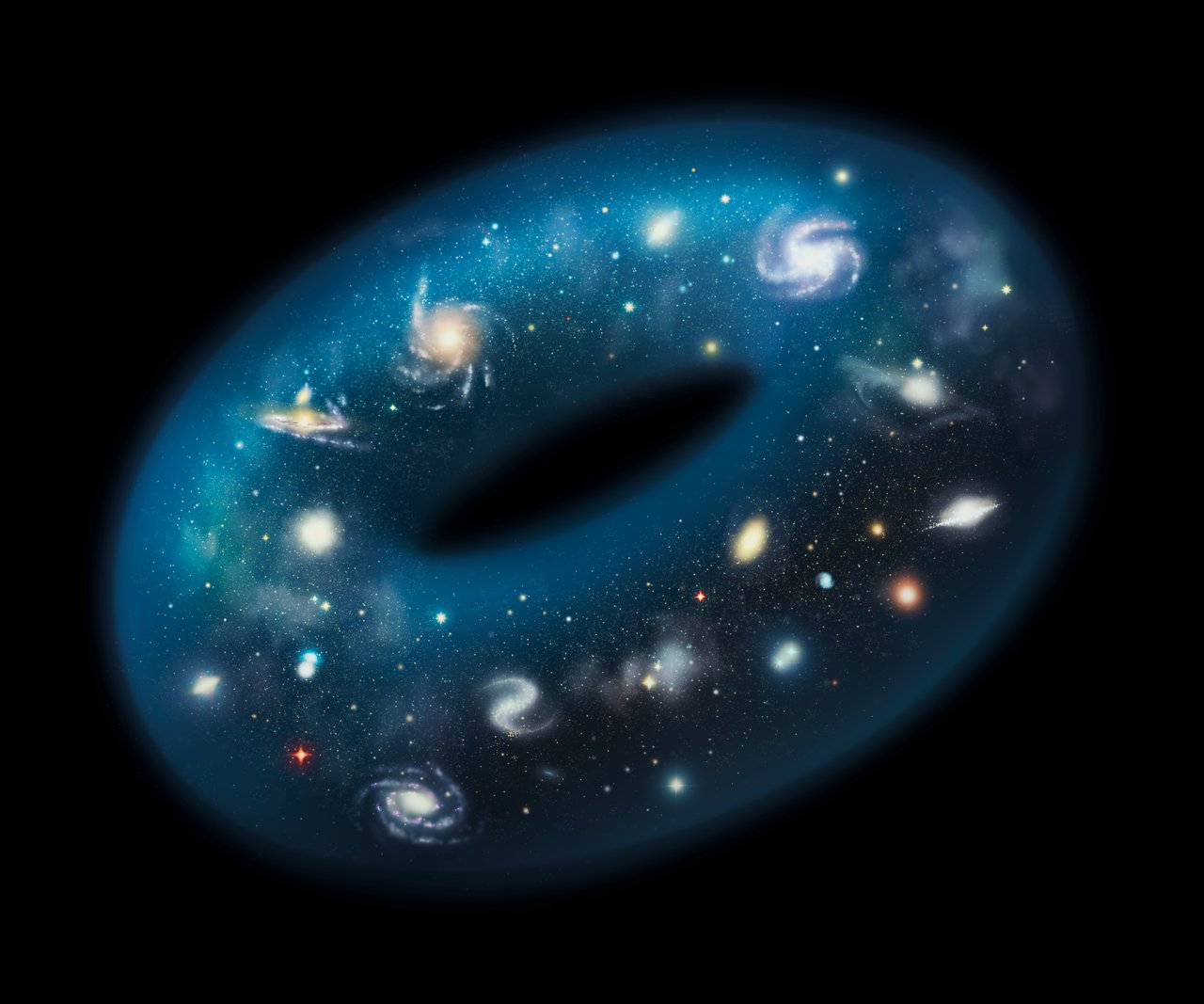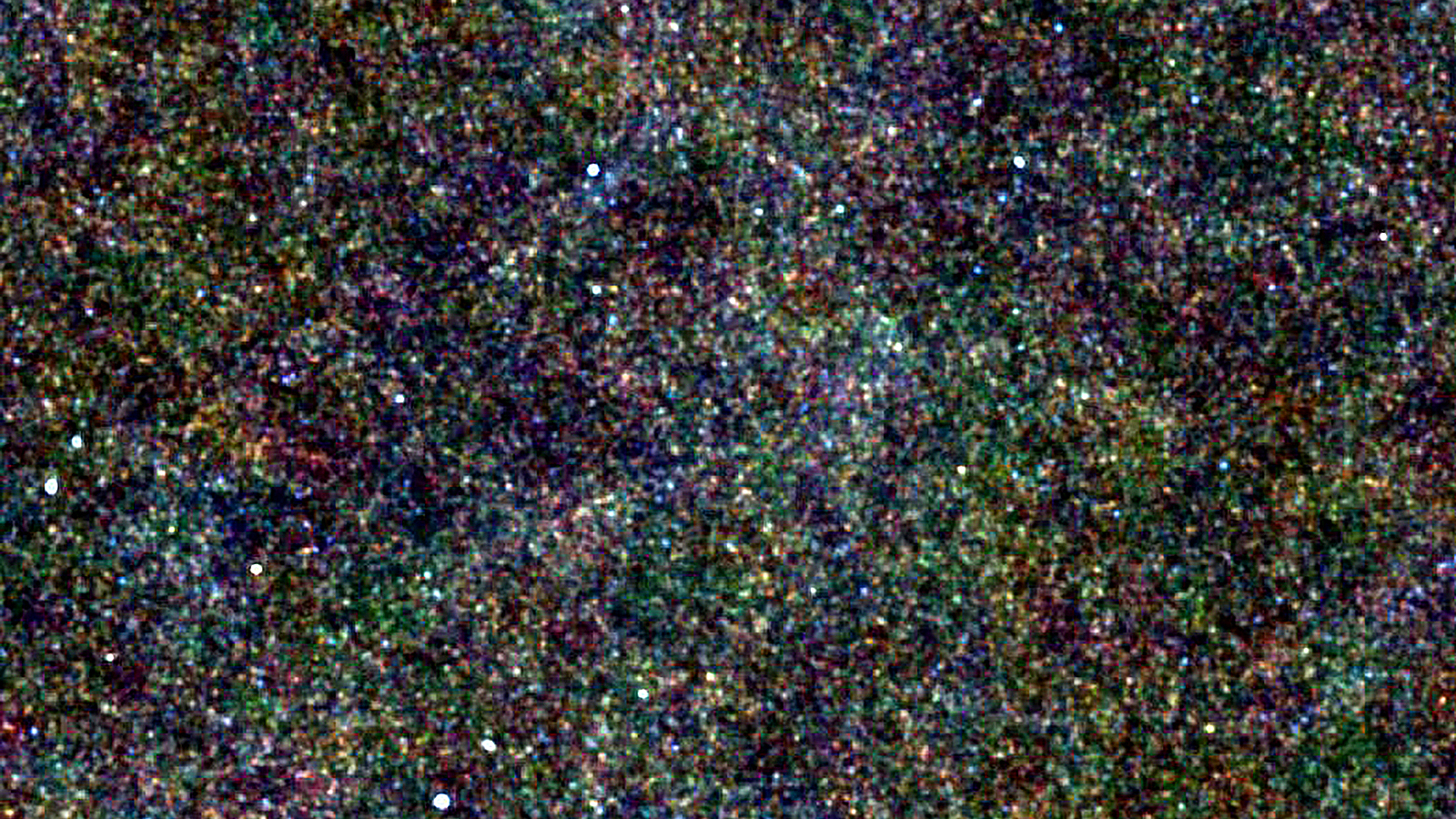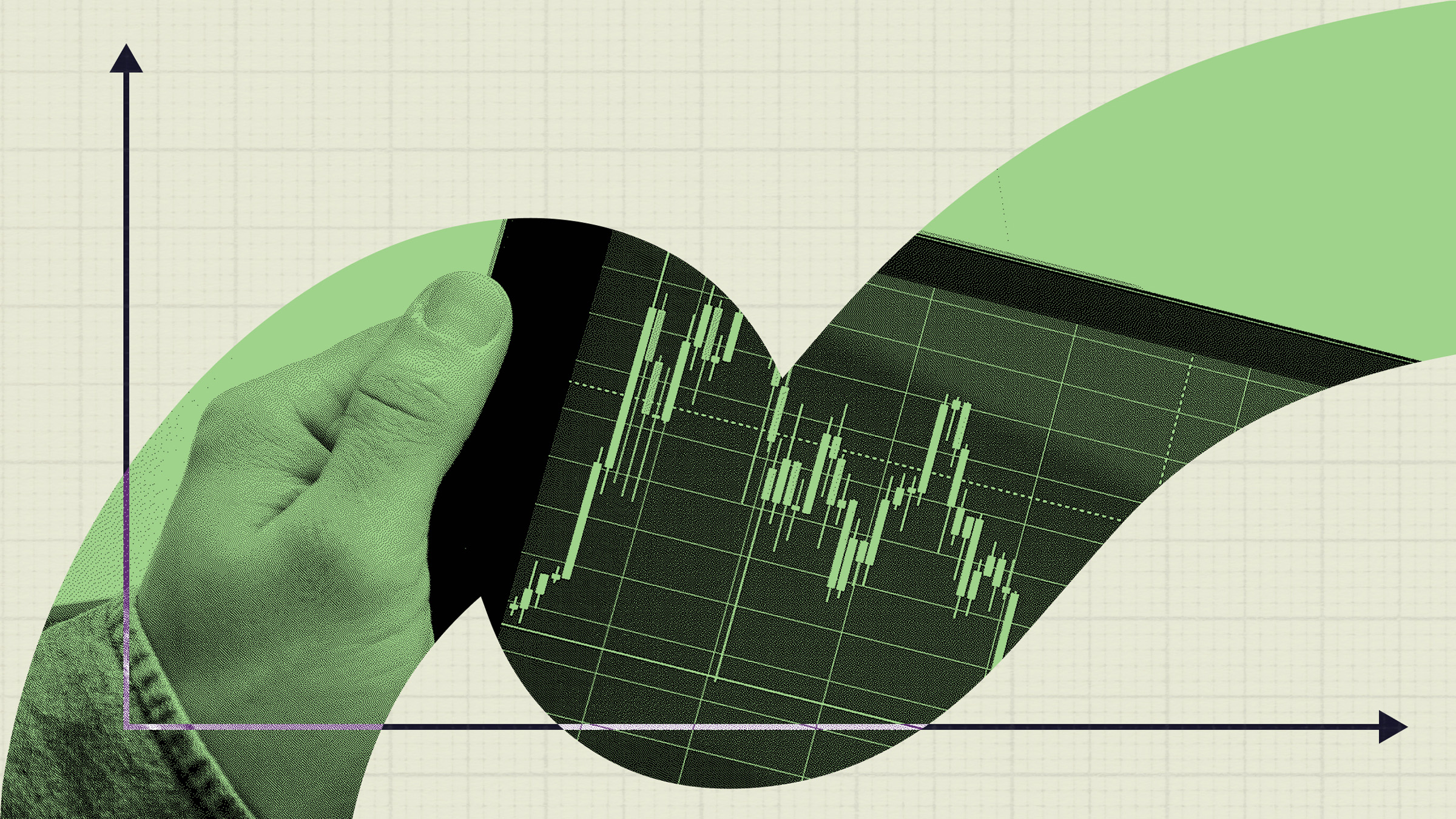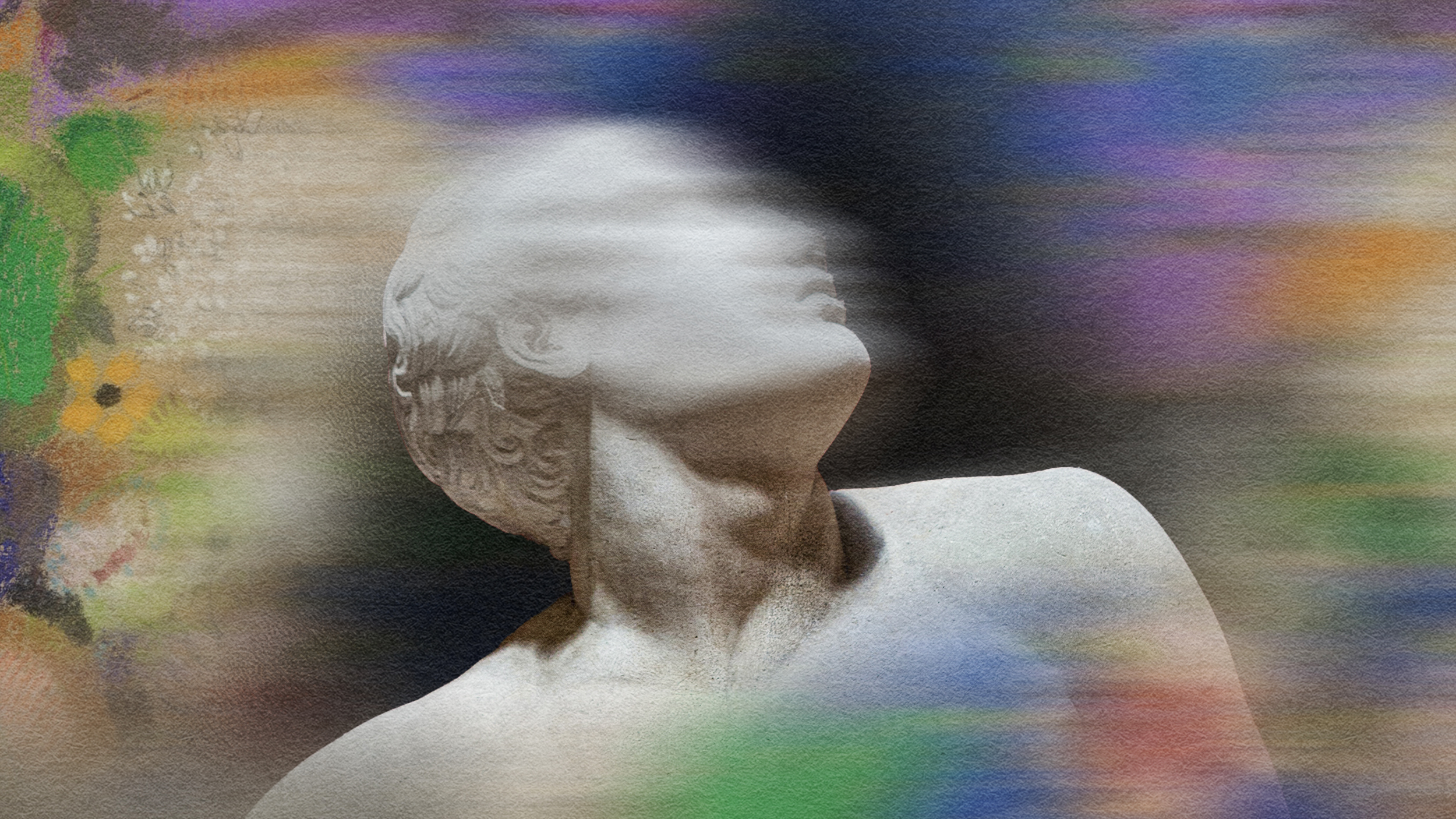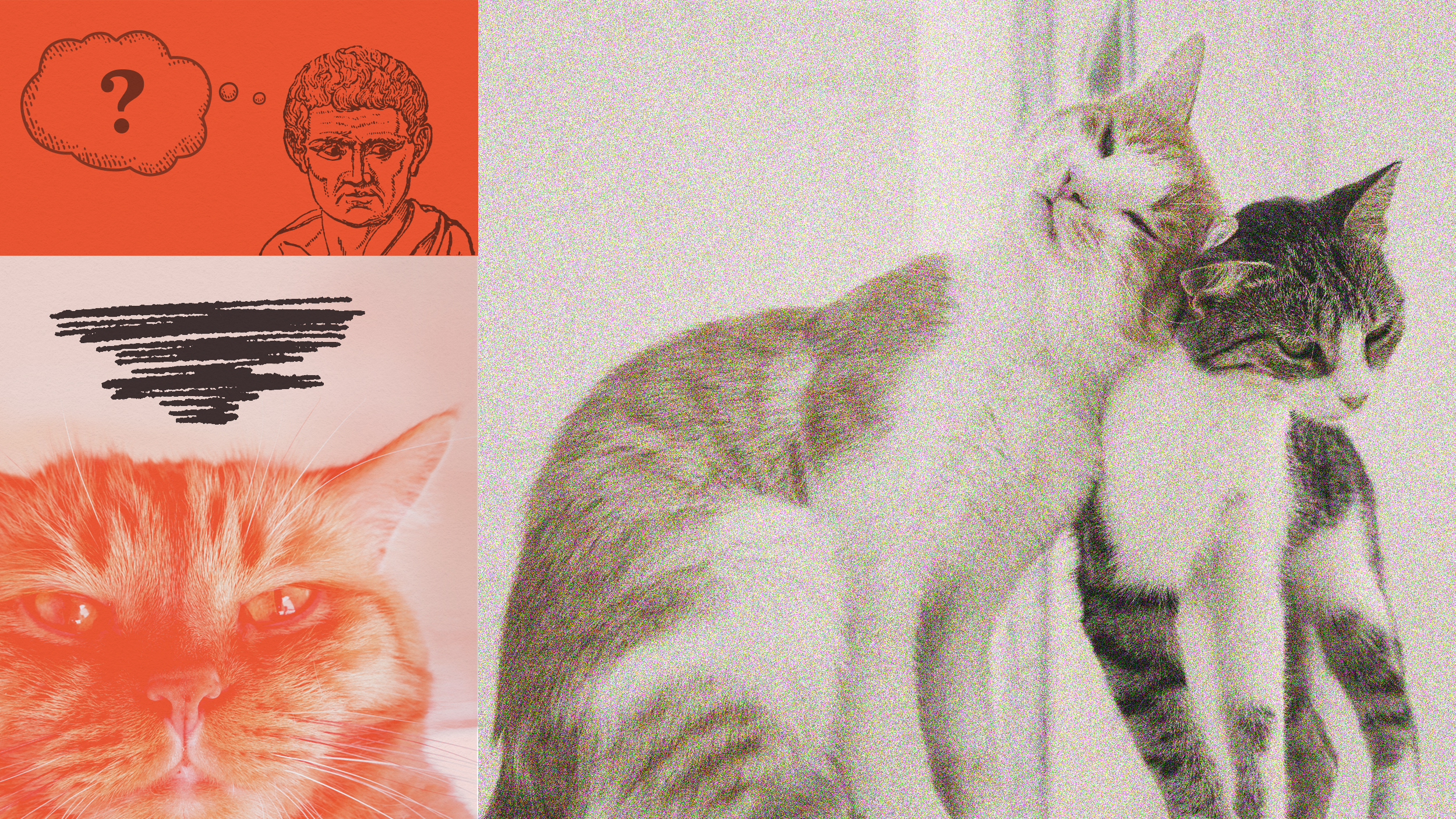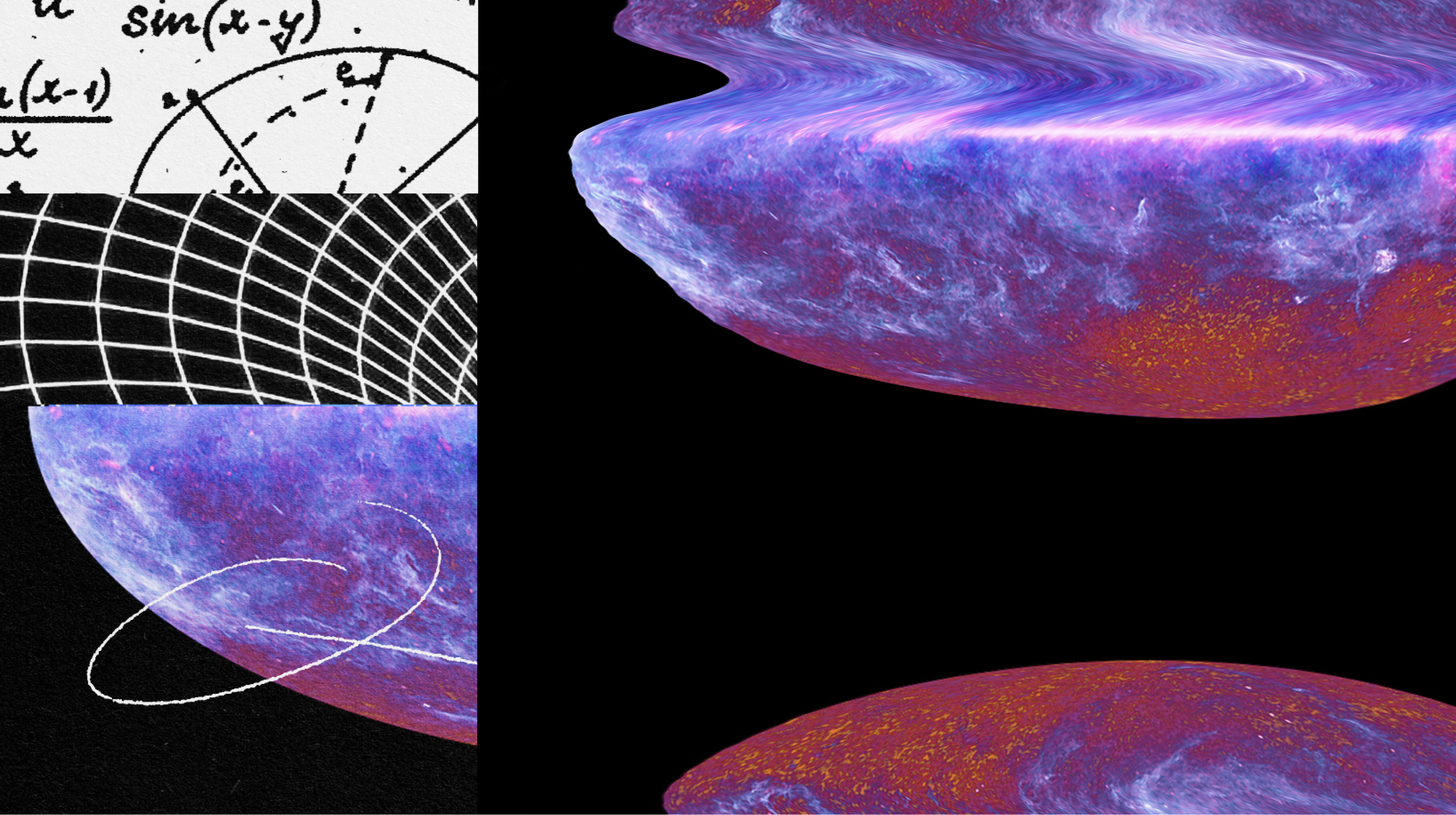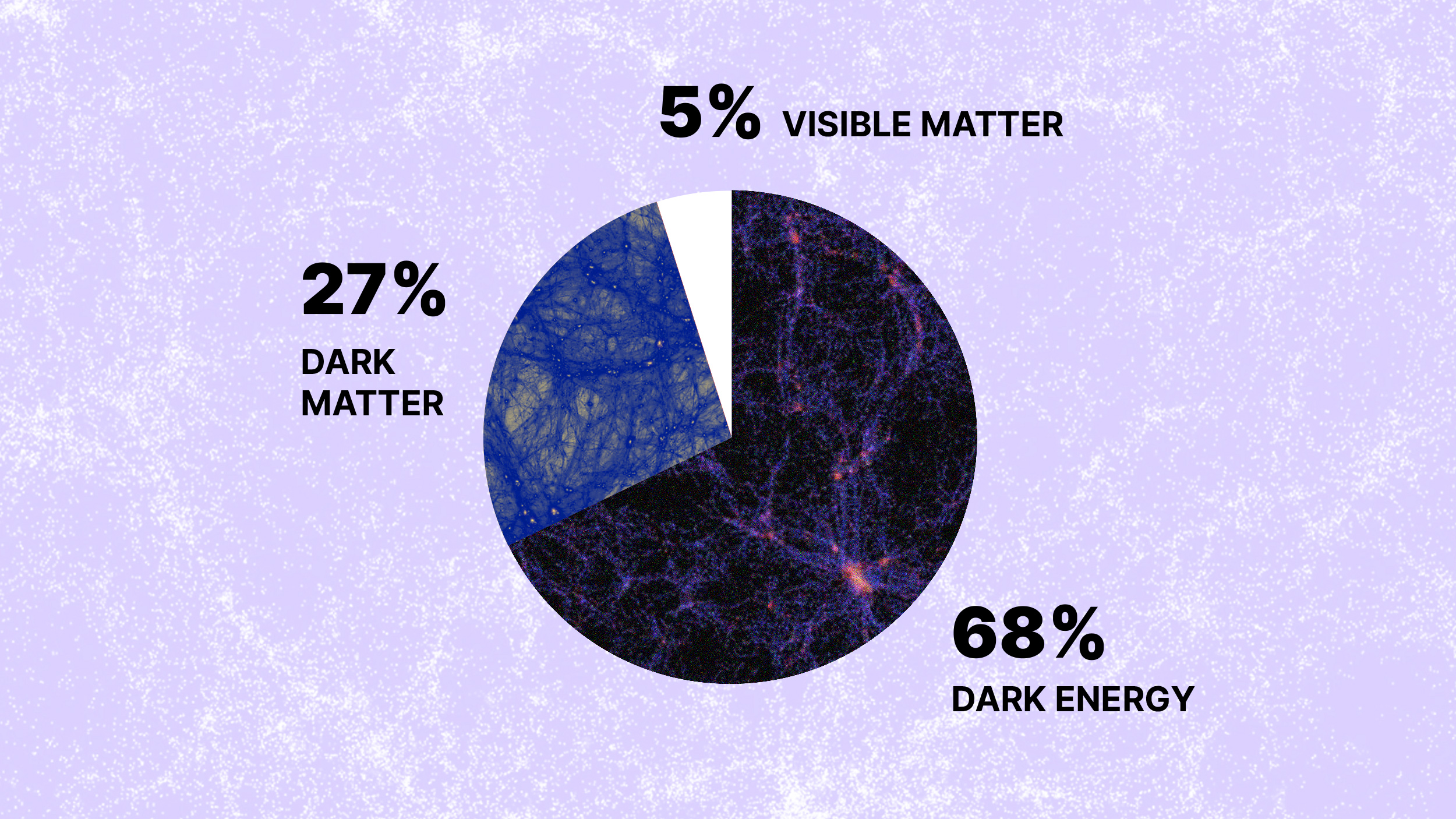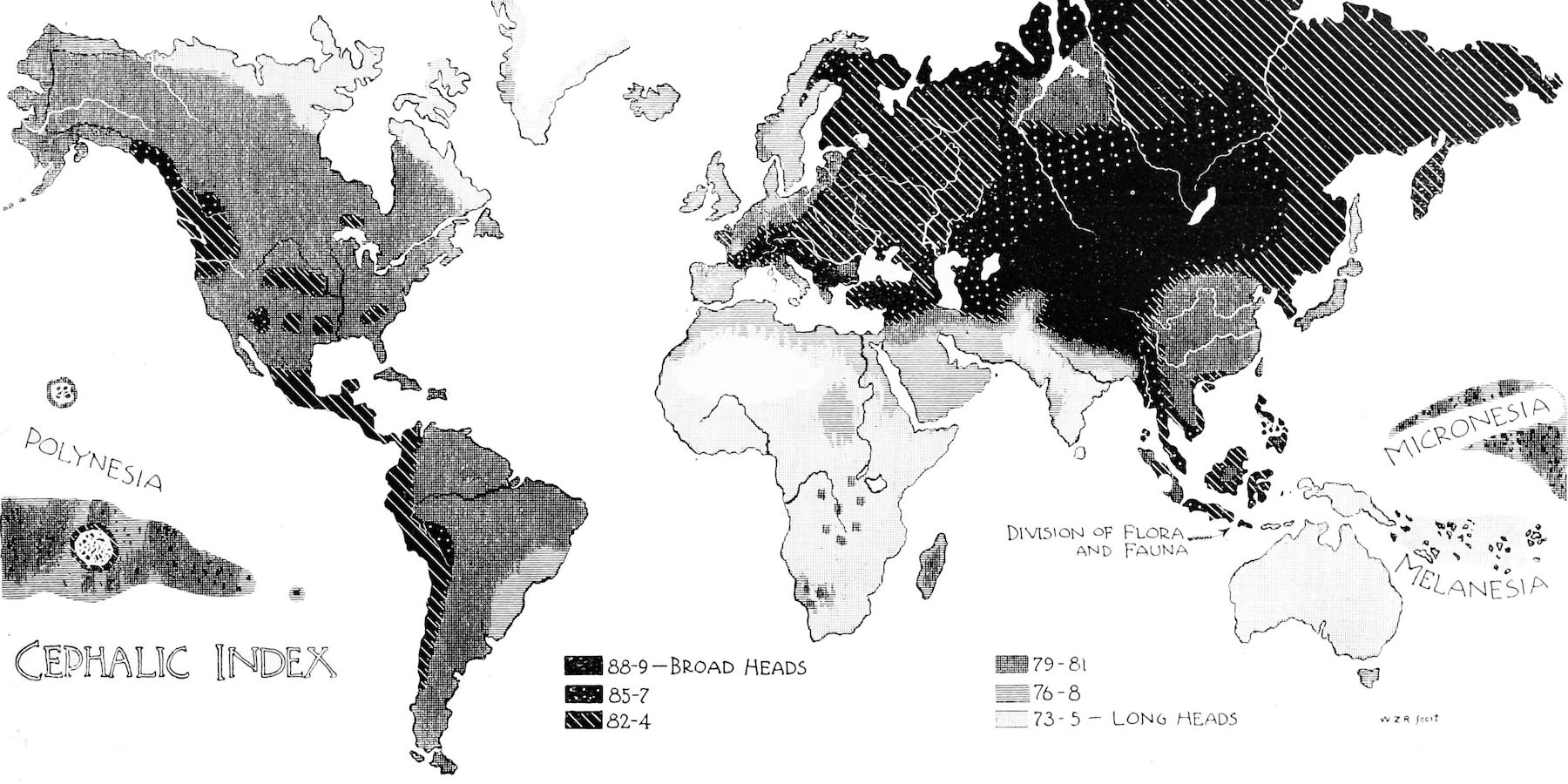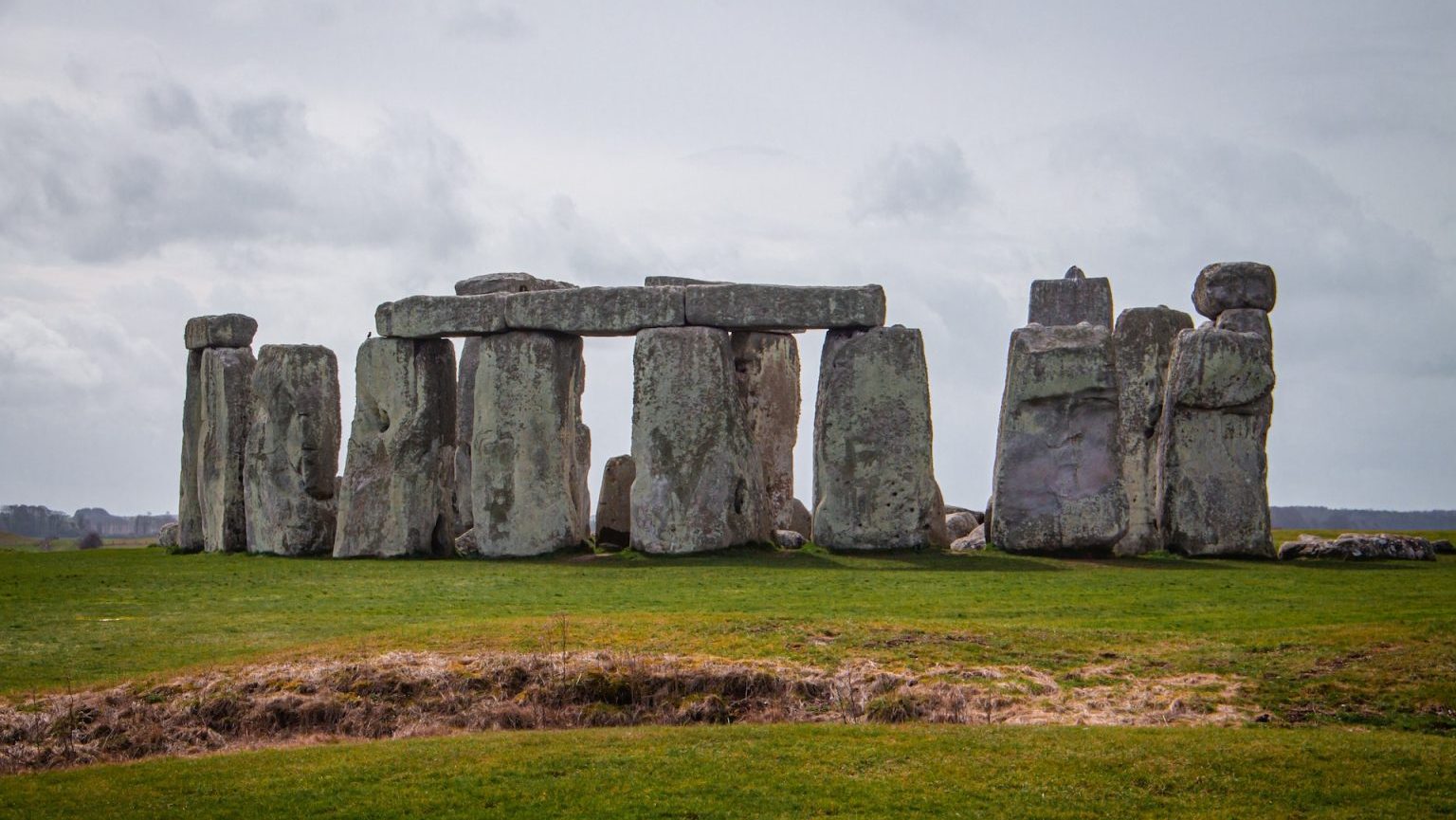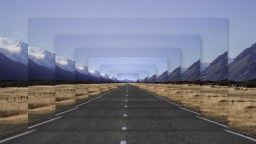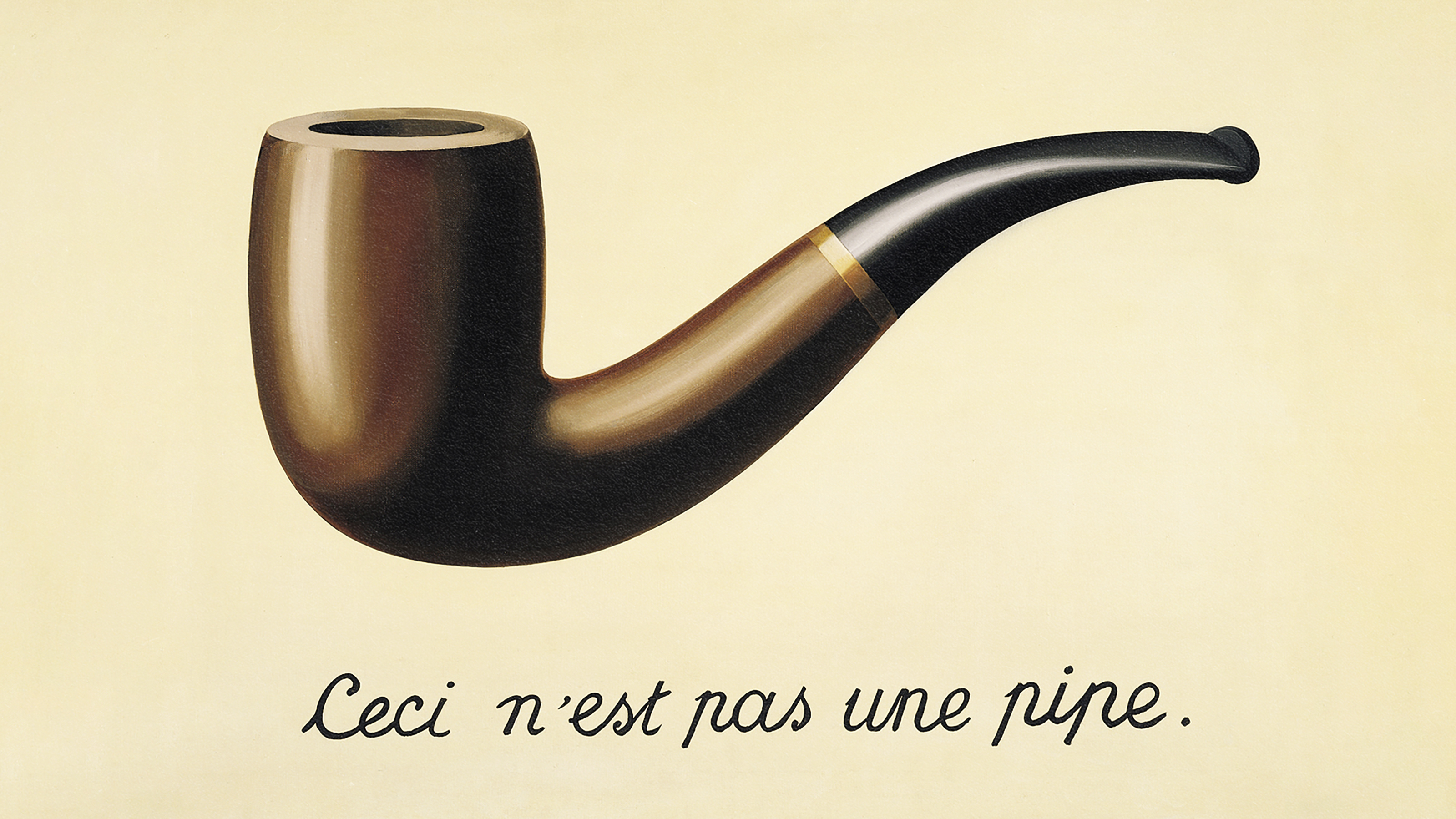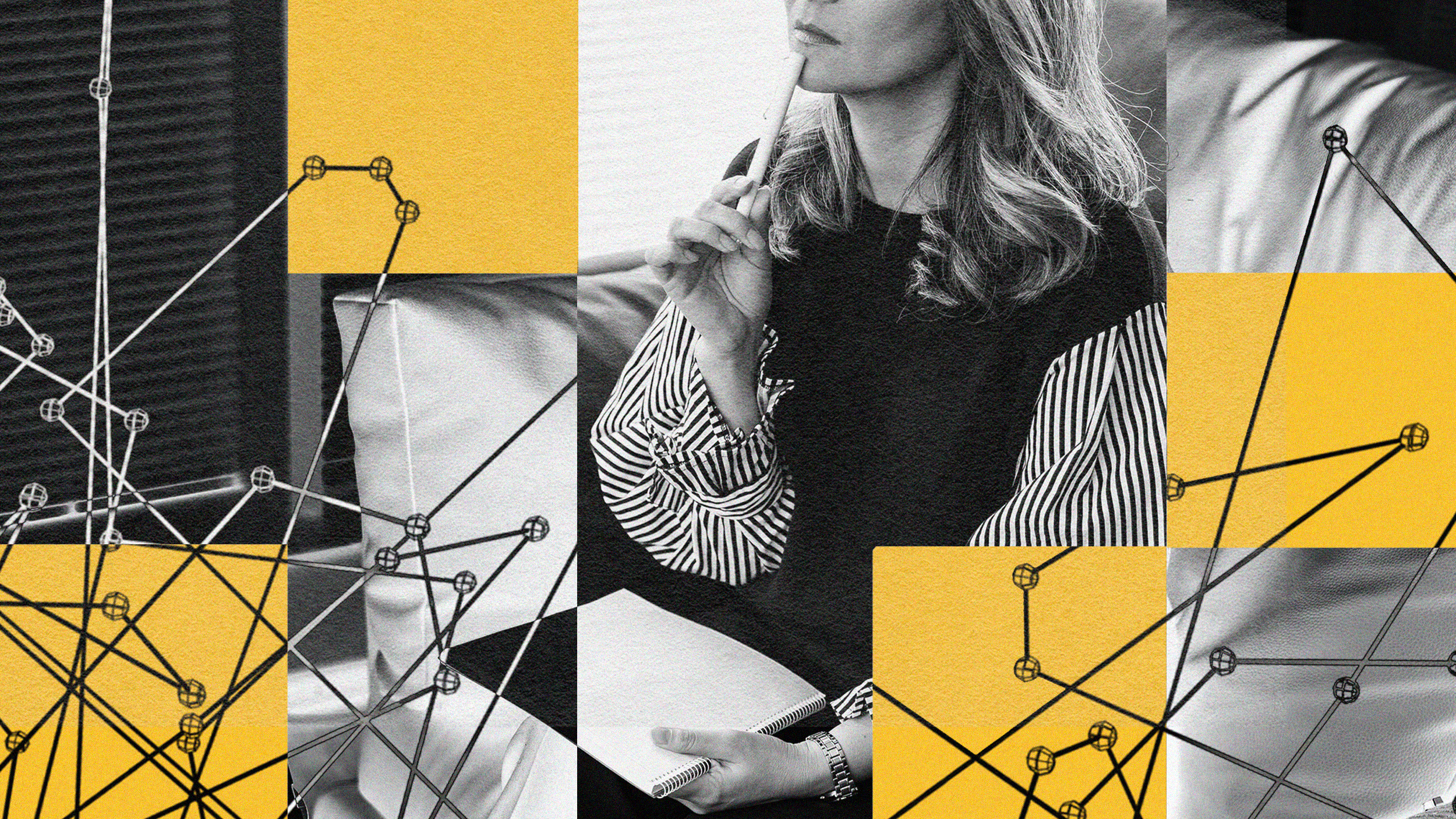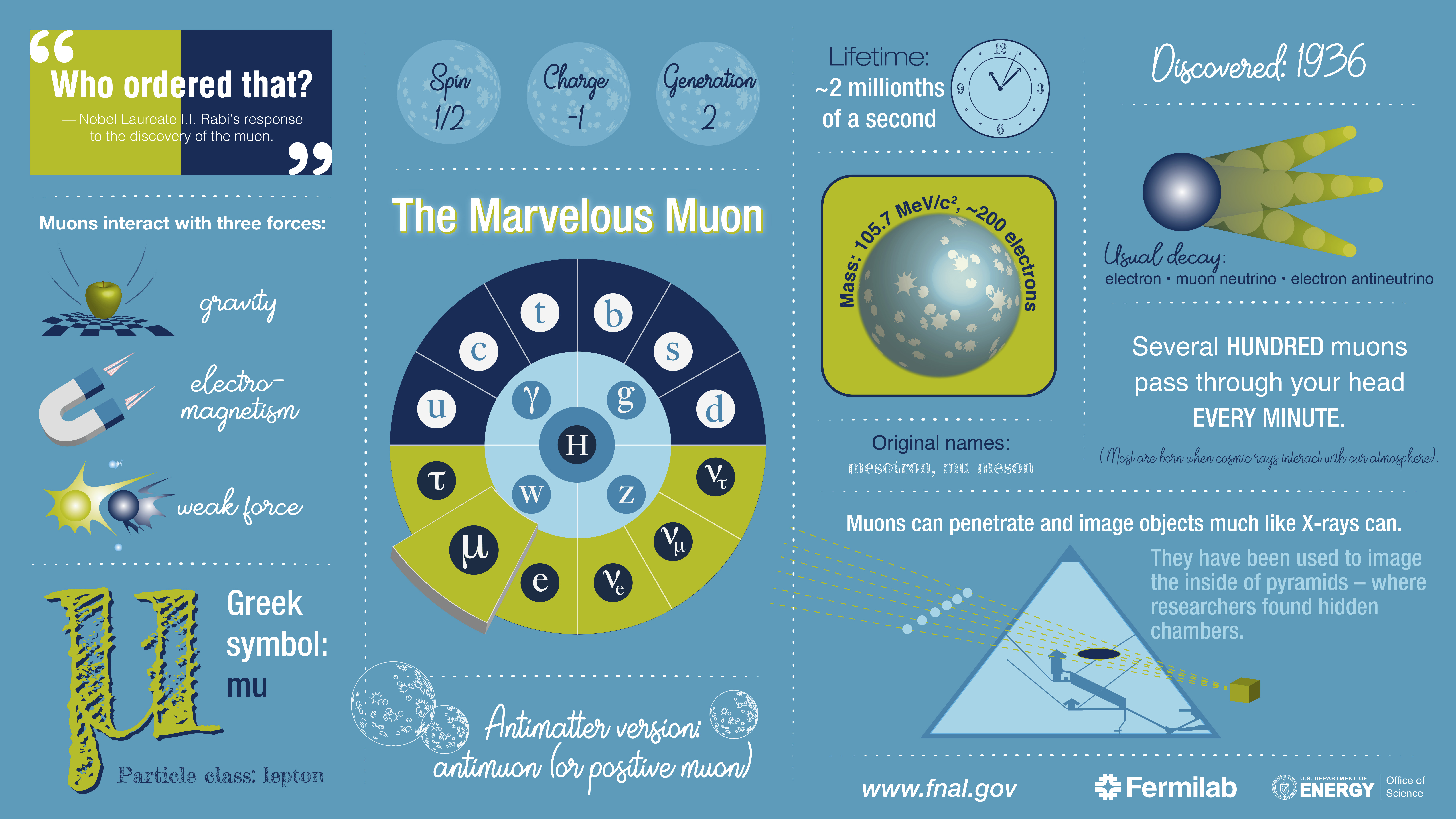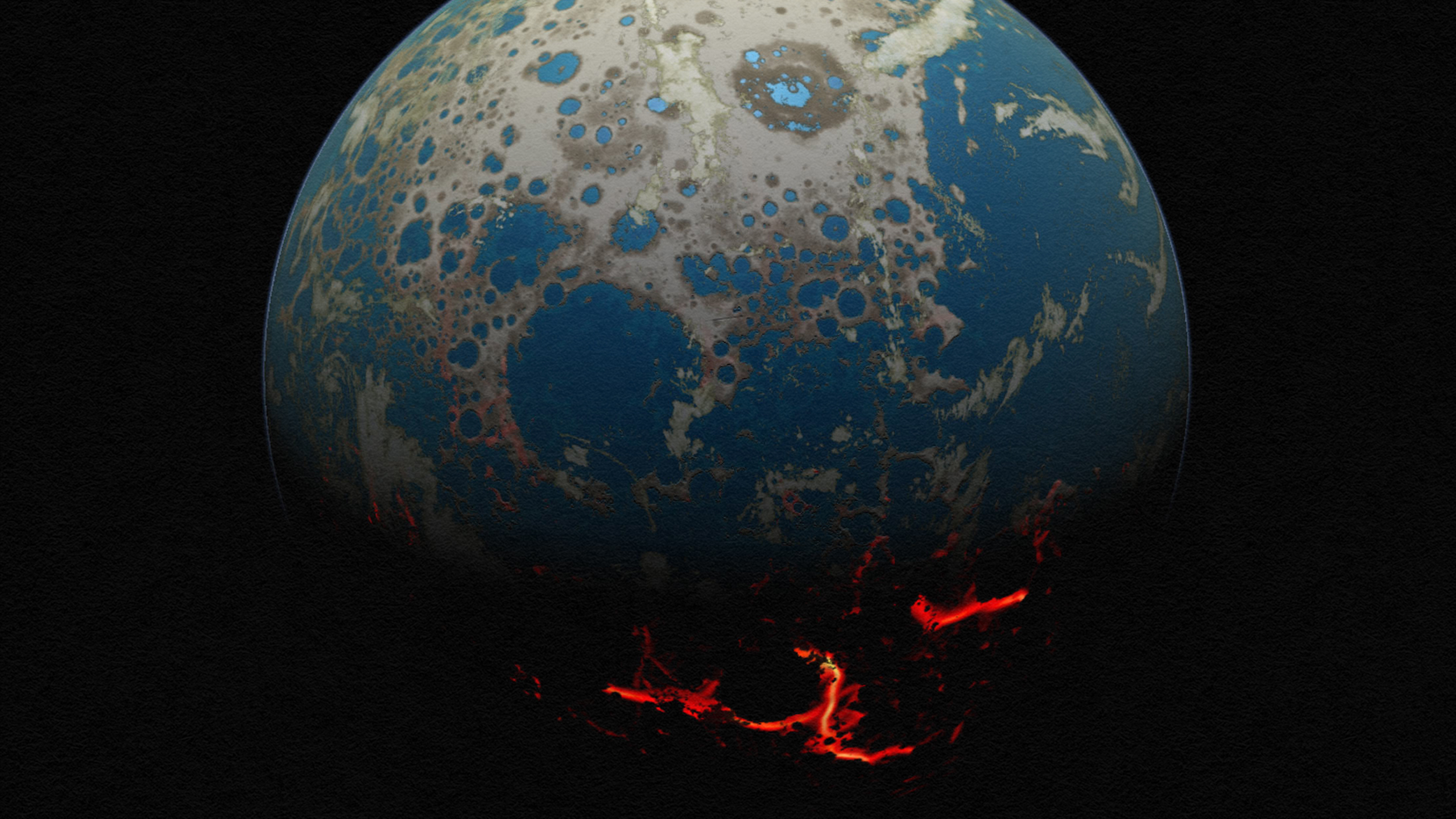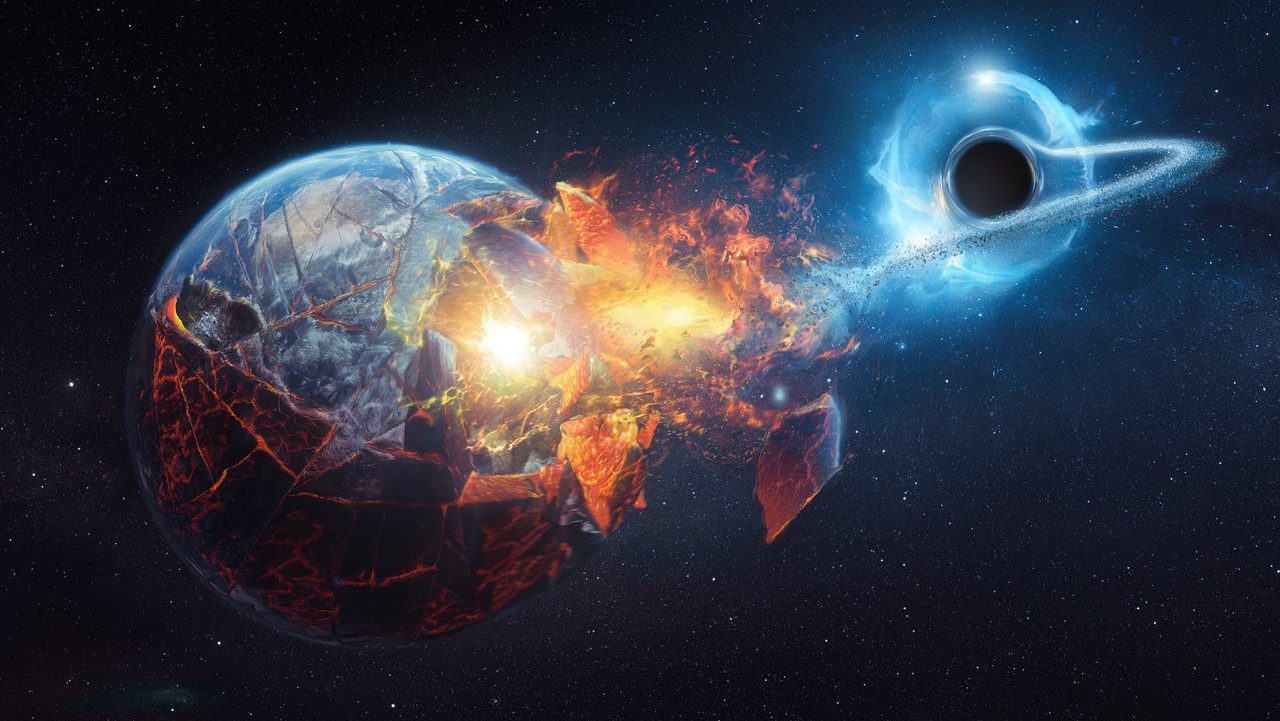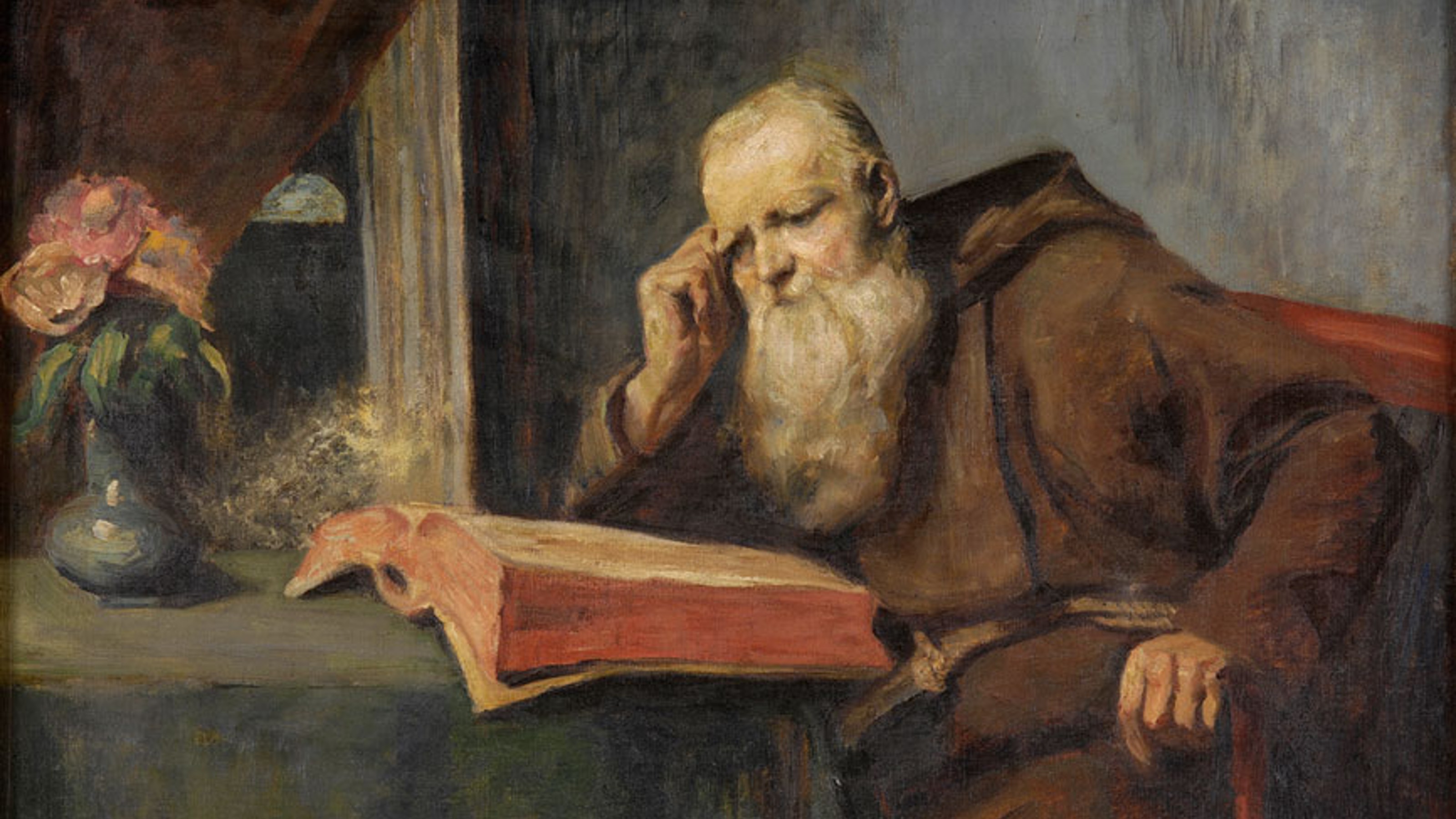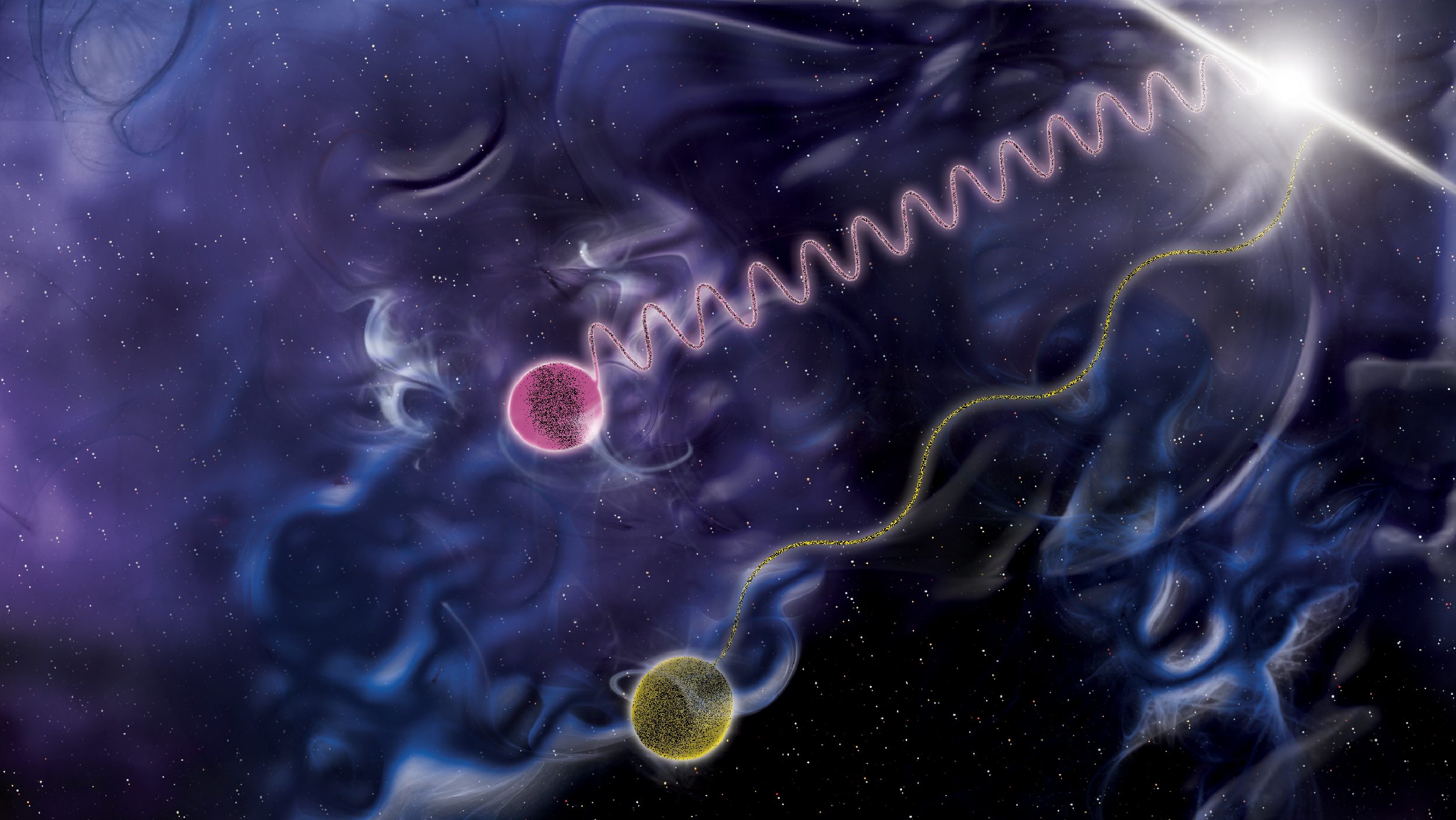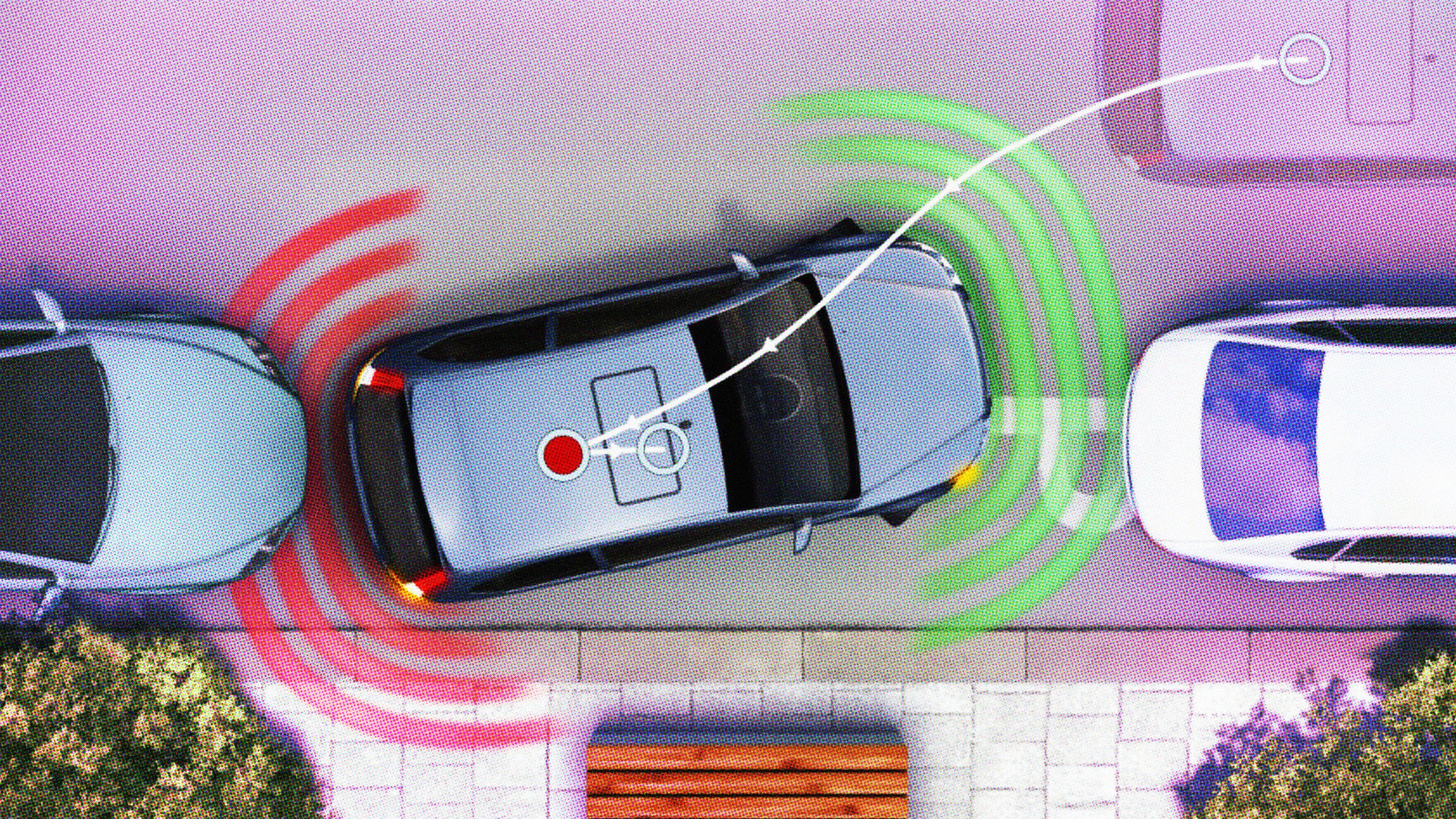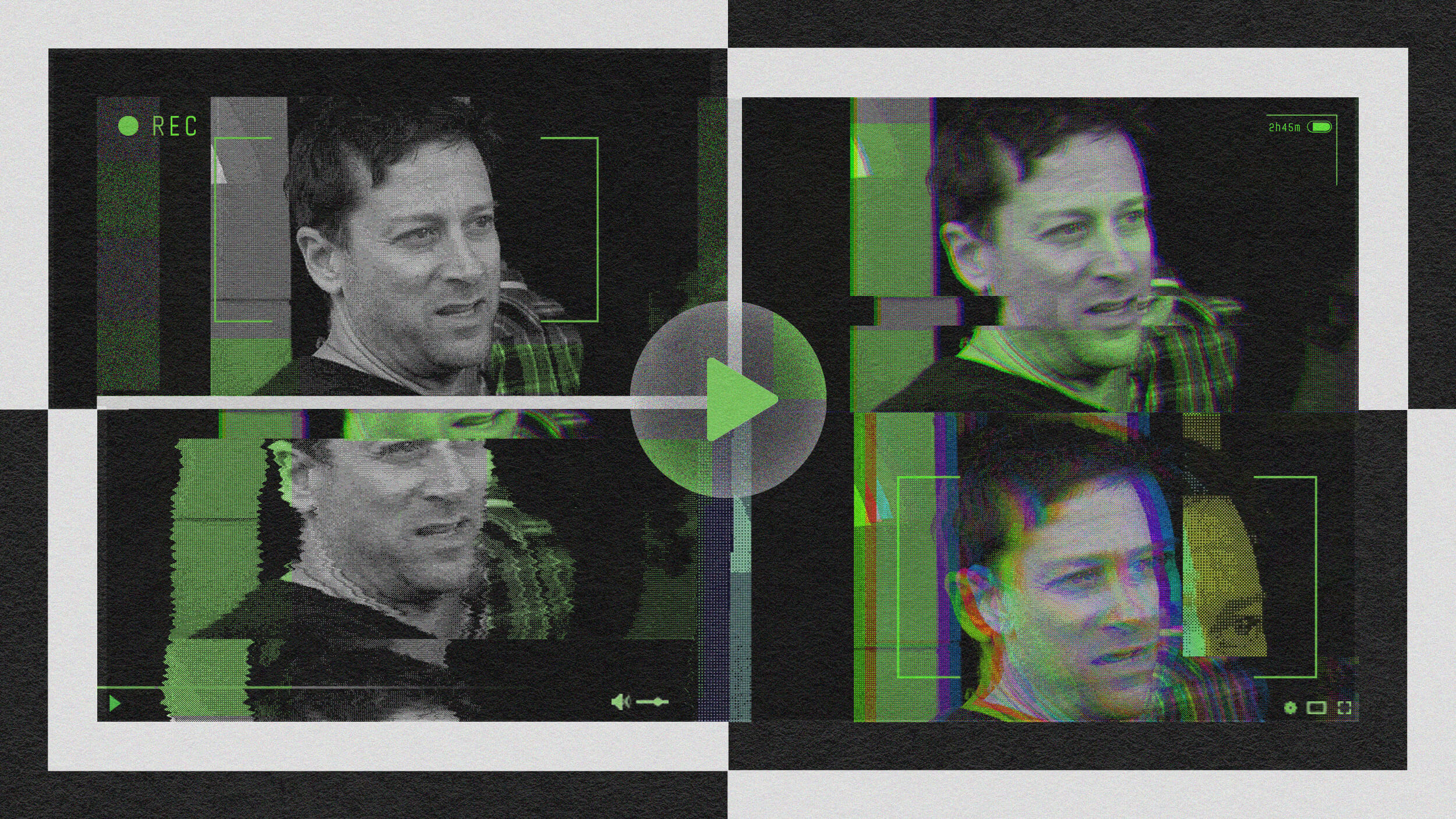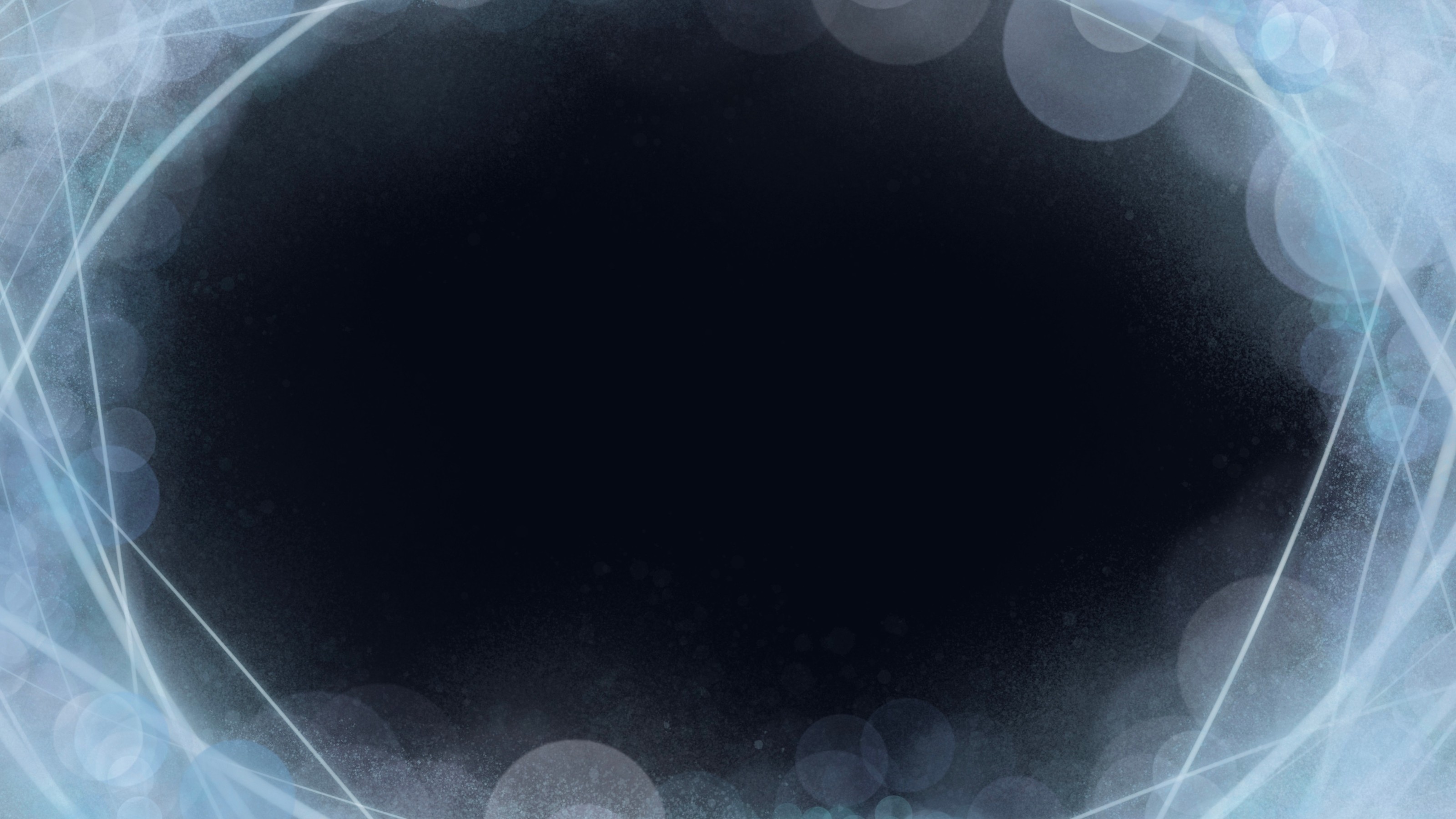In 2023, data from the James Webb Space Telescope soured hopes that TRAPPIST-1 c had an atmosphere. That disappointment might have been premature.
Search Results
You searched for: Imagin today
When you do something with all your heart and mind, you do it with “meraki.” When we lack this feeling, it can lead to burnout.
Is the Universe finite or infinite? Does it go on forever or loop back on itself? Here’s what would happen if you traveled forever.
People who have a regional accent might prefer robots who speak like them over generic voices.
All the things that surround and compose us didn’t always exist. But describing their origin depends on what ‘nothing’ means.
Gary Vaynerchuk, CEO of VaynerMedia, explains how to find branding success by making “boulders” out of “pebbles.”
I also can’t conjure sounds, smells, or any other kind of sensory stimulation inside my head. This is called “aphantasia.”
Daydreaming can be a pleasant pastime, but people who suffer from maladaptive daydreaming are trapped by their fantasies.
A battle between different kinds of love.
Cosmology is unlike other sciences. When our view of the Universe changes, so does our understanding of philosophy and science itself.
It’s time to bring “friendship love” back.
The Universe is expanding, and the Hubble constant tells us how fast. But how can it be a constant if the expansion is accelerating?
Early on, only matter and radiation were important for the expanding Universe. After a few billion years, dark energy changed everything.
These landscapes — of geographical differences in head shapes — have vanished from acceptable science (and cartography).
The clash of academic archaeology and what might be called folk archaeology comes into stark focus at Stonehenge.
The futurist behind Minority Report explains 3 steps for predicting what comes next.
▸
9 min
—
with
Defamiliarization is a common tool in the arts. Here we learn how seeing things from a different angle can lead to billion-dollar success.
Too many leaders create an imbalance between thinking and doing — but a clear vision can be sharpened through deep reflection.
From unexplained tracks in a balloon-borne experiment to cosmic rays on Earth, the unstable muon was particle physics’ biggest surprise.
Looking back on our planet’s early history offers a new (and less crazy) meaning for the idea of a “flat Earth.”
Figuring out the answer involved a prism, a pail of water, and a 50 year effort by the most famous father-son astronomer duo ever.
No matter how you define the end, including the demise of humanity, all life, or even the planet itself, our ultimate destruction awaits.
Discover how the threads of myth, legend, and artistry have been woven together by storytellers to craft history.
The Michelson-Morley experiment of 1887, despite expectations, revealed a null result: no effect. The implications were revolutionary.
Throughout the world, traditional political organizations are increasingly seen as dysfunctional. But can democracies live without them?
Why the road to self-driving vehicles is paved with smarter “dumb” cars.
The ability to toggle between abstract and concrete thinking is a key differentiator of high-potential leaders.
The rise and fall of Josh Harris — the genius who anticipated the digital revolution just a little too soon.
Take it from teamwork gurus behind Apple and Star Wars — a new kind of psychological incubator will allow your creativity to flourish.
From ancient Greek cosmology to today’s mysteries of dark matter and dark energy, explore the relentless quest to understand the Universe’s invisible forces.


